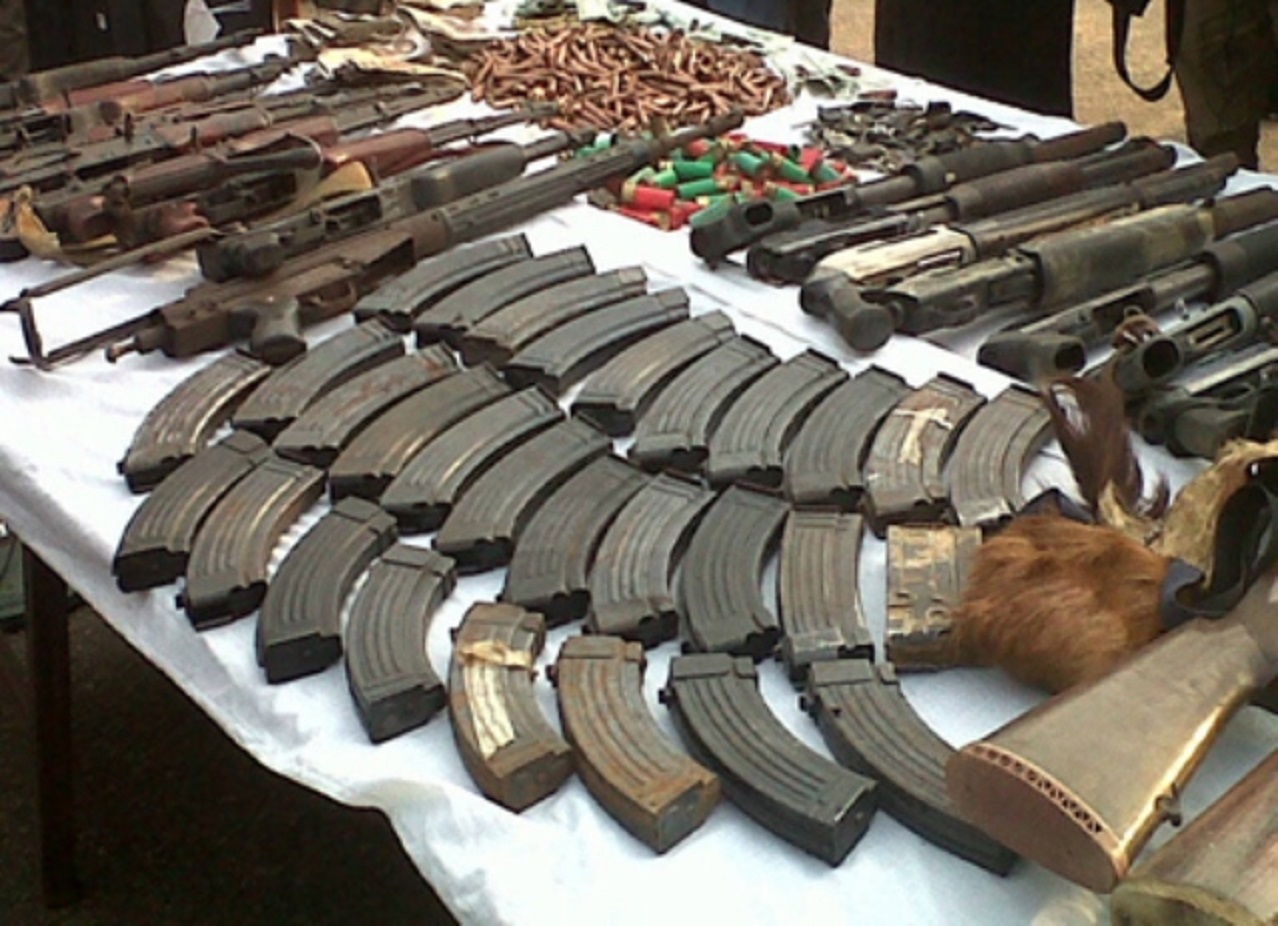Security
How Nigerian military leaders stole $15bn from arms deals — Report

Political and security elites in Nigeria have been fingered for monetising insecurity in the nation.
According to a report by the Centre for Democracy and Development (CDD), this group of persons siphoned about $15bn through fraudulent arms procurement deals in the last 20 years.
The report claimed successive presidents’ failure to rein in on corruption in the security sector has weakened Nigerian counter-terrorism capacity, allowing groups like Boko Haram to smoulder.
CDD asserted that despite promises by the Muhammadu Buhari administration to expose those sponsoring criminals, no individual, body or corporation had been convicted in Nigeria for funding terrorism since the insurgency started in 2009.
The report reads in part: “Thanks to lax legislative oversight, excessive secrecy and the fact that security spending is largely exempt from due process rules designed to prevent corruption.
ALSO READ: Death toll in Zamfara rises to 200 after the massacre in 5 villages
“Successive presidents’ failure to rein in security sector corruption is a highly consequential anti-corruption failure. It has led to widespread insecurity, verging on instability, and has weakened Nigerian counter-terrorism capacity, allowing groups like Boko Haram to smoulder.
“Over the last decade, political and security elite have monetised the conflicts and the resulting humanitarian crises.
“During the same period, military leaders allegedly stole as much as $15bn through fraudulent arms procurement deals; thanks to lax legislative oversight, excessive secrecy and the fact that security spending is largely exempt from due process rules designed to prevent corruption.
“No individual, body or corporation had been convicted in Nigeria for funding terrorism since the insurgency started in 2009 despite promises by the current administration to expose those behind sponsorship of criminals,” the report noted






